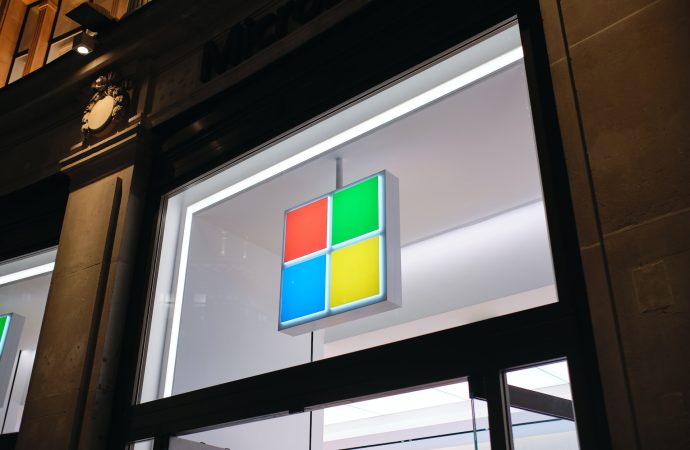In a significant twist to the ongoing saga surrounding the proposed acquisition of Activision Blizzard by Microsoft, the European Union (EU) has granted a glimmer of hope to the deal, setting it apart from the opposing stance taken by the United Kingdom. This unexpected development not only highlights the divergent regulatory approaches of these influential
In a significant twist to the ongoing saga surrounding the proposed acquisition of Activision Blizzard by Microsoft, the European Union (EU) has granted a glimmer of hope to the deal, setting it apart from the opposing stance taken by the United Kingdom. This unexpected development not only highlights the divergent regulatory approaches of these influential entities but also raises questions about the future of the gaming industry and corporate mergers in a rapidly evolving digital landscape.
The Microsoft-Activision deal, with its staggering price tag of $68.7 billion, has garnered widespread attention and scrutiny from industry insiders and regulatory bodies worldwide. While Microsoft has remained optimistic about securing the necessary approvals, the United Kingdom’s Competition and Markets Authority (CMA) has been vocal in its opposition, expressing concerns over potential anti-competitive practices and the impact on consumer choice.
In a surprising turn of events, the EU has provided conditional approval for the acquisition, injecting a ray of hope into the proceedings. EU competition commissioner, Emma Navarro, stated that the decision was contingent upon certain safeguards being implemented to protect fair competition and consumer interests. This move has put the UK’s position under further scrutiny and intensified the debate surrounding regulatory practices.
The EU’s decision appears to be based on a more nuanced understanding of the gaming industry and the potential benefits that the Microsoft-Activision merger could bring. Proponents argue that the acquisition has the potential to spur innovation, enhance gaming experiences, and leverage Microsoft’s technological prowess. The company’s successful track record of integrating and nurturing acquired companies has bolstered confidence in the potential positive outcomes of the deal.
However, critics, including some consumer advocacy groups, remain skeptical, voicing concerns about the consolidation of power and its impact on consumer choice. They fear that the acquisition could stifle competition and limit the diversity of gaming options available to players. The UK’s CMA has reasserted its concerns, emphasizing the need for a thorough analysis and stringent conditions to address potential anti-competitive practices.
The EU’s decision underscores the growing divide in regulatory approaches between the EU and the UK, exposing the complexities faced by regulators in overseeing large-scale corporate mergers. The EU’s willingness to consider conditional approval with carefully designed safeguards reflects a more pragmatic approach, seeking to strike a balance between fostering competition and allowing beneficial business transactions.
This contrasting stance between the EU and the UK raises broader questions about the implications for future mergers and acquisitions in the gaming industry and other sectors. As technology continues to reshape the global marketplace, regulators must navigate the delicate balance between encouraging innovation and safeguarding consumer interests.
Experts and analysts are closely monitoring the developments surrounding the Microsoft-Activision deal, anticipating potential ripple effects on the gaming industry as a whole. If the acquisition moves forward, Microsoft’s expanded portfolio would position it as a dominant player, reshaping the competitive landscape and prompting other industry participants to reassess their strategies.
While the EU’s conditional approval provides a glimmer of hope to Microsoft and Activision, significant hurdles remain to be overcome. Both parties must navigate the intricate web of regulatory requirements and address concerns raised by stakeholders to move forward with the acquisition. The final decision will have far-reaching implications for the gaming industry, influencing competition, innovation, and the choices available to millions of gamers worldwide.
The EU’s decision not only sets it apart from the UK but also sends shockwaves throughout the gaming community and beyond. It serves as a reminder of the complex and often divergent regulatory approaches across different jurisdictions, each shaped by their unique circumstances and priorities.
As the Microsoft-Activision deal enters a critical phase, all eyes are on the regulatory authorities to determine its fate. The resolution of this high-stakes acquisition will shape the future of the gaming landscape, and its outcome will have far-reaching.

















Leave a Comment
Your email address will not be published. Required fields are marked with *